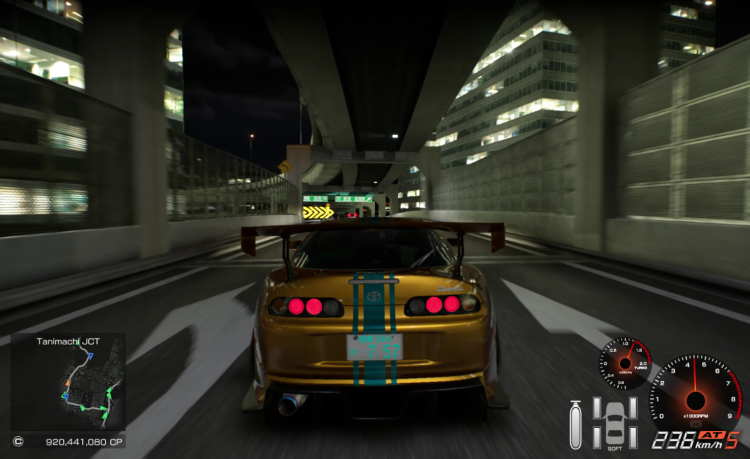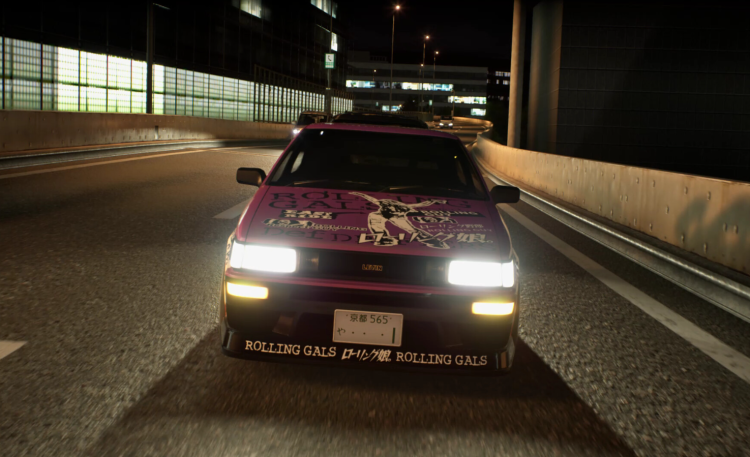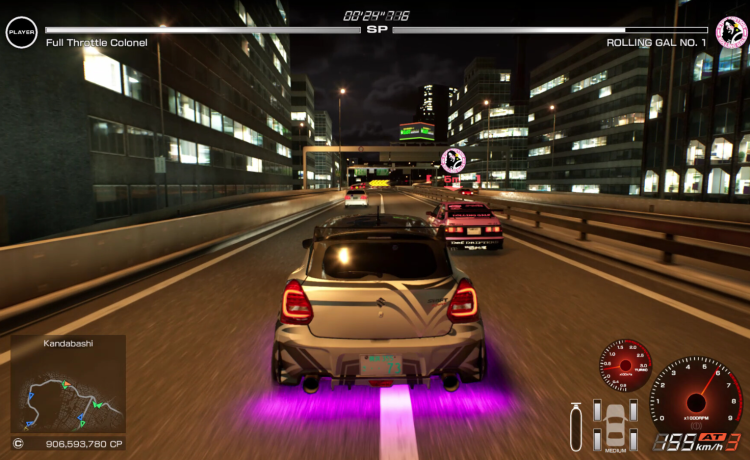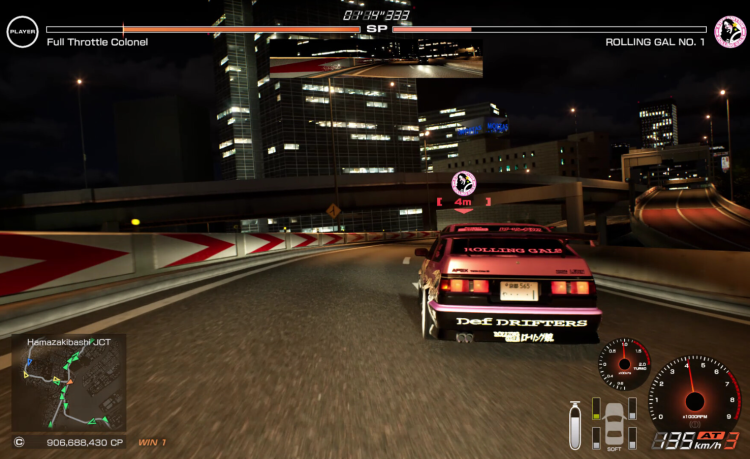Tokyo Xtreme Racer, Genki'nin kapsamlı yeniden canlandırmasıyla 20 yıl sonra geri dönüyor
Tokyo Xtreme Racer has officially returned, marking the first major release in the series in almost two decades. Genki’s revival is not a remake, remaster, or nostalgic tribute. It plays like the franchise has been quietly running this whole time and simply skipped forward to 2025.
Oli Welsh’s review of the new release, used as a source for this post, highlights how the game feels like a straight continuation of Genki’s work from the mid-2000s, not a reinvention or a reboot. The studio has effectively resurrected the project after shutting down its racing division in 2006, and now the series has surfaced once again, this time on Steam.
The game originally launched in early access back in January 2025 before reaching its 1.0 release on September 25. Genki’s approach has not been to modernize or overhaul the concept but to preserve the DNA of the original titles. Races still take place exclusively at night across Tokyo’s expressways and loops. Encounters unfold by spotting rival drivers, flashing headlights, and transforming the city’s roads into arenas where health bars drain based on distance and performance.

That simple design conceals a mix of unpredictability and tension. Depending on where a rival is found and the route they choose, matches can range from short drag runs across open highways to technical duels through twisting loops packed with traffic. While direct contact eats away at health bars, the primary challenge comes from maintaining clean, fast lines while threading gaps at high speeds without losing momentum.
Yet the mechanical racing element is only one layer. Much of the game revolves around collecting cars, unlocking perks, and customizing rides with iconic late-90s and early-2000s tuner aesthetics. Legendary models such as the 1998 Nissan Fairlady Z or the 1987 Toyota Sprinter Trueno make appearances, and progression is tied to grinding races, meeting rivals, and piecing together the conditions required to face elusive “Wanderer” drivers.

Each encounter also carries the series’ quirky personality. Rival teams come with over-the-top names, while individual racers have elaborate bios and pseudonyms like Melancholic Jupiter or Silent Mongoose. Parking areas serve as informal hubs, where players can engage in exchanges with rivals, scout future challenges, and simply take in the stylized scene of silhouetted characters standing beside their cars.

The presentation is firmly rooted in its PS2-era aesthetic. Visuals remain deliberately grainy and moonlit, with long stretches of road illuminated by sodium lights and distant towers. The soundtrack leans heavily into crunchy guitars, pulsing techno, and Hammond organ riffs, reinforcing a distinct vibe that sets it apart from modern sim-racers or arcade alternatives.
That vibe, rather than raw technical racing, defines the appeal of Tokyo Xtreme Racer’s return. The game has less in common with contemporary racing sims and more with an atmospheric role-playing loop, where progression, collection, and immersion in a specific subculture matter as much as lap times. The combination of minimalist presentation and deep progression systems has allowed the series to retain a cult status, and Genki’s decision to stay faithful rather than modernize appears intentional.

The revival arrives at a moment when few expected it. Genki’s racing division had been inactive for nearly 20 years, only surfacing briefly with unsuccessful mobile adaptations of Shutokou Battle. The sudden reappearance of Tokyo Xtreme Racer, complete with a proper PC launch and early access cycle, signals a commitment to the formula that once defined a generation of street-racing games.
Here’s Tokyo Xtreme Racer on Steam.
For players unfamiliar with the original series, this entry offers a direct glimpse into the distinctive design of Japan’s underground racing culture as filtered through early-2000s game design. For returning fans, it is a continuation with barely a missed beat, proving that Genki’s vision has lost none of its clarity despite the long absence.
Tokyo Xtreme Racer may not chase realism or expand with modern open-world systems, but in doing so it secures a unique identity. It is a racing game about atmosphere, persistence, and discovery as much as speed. After two decades away, Genki has restored its world almost exactly as it was left, and that act of preservation feels like its boldest move.

Yorum